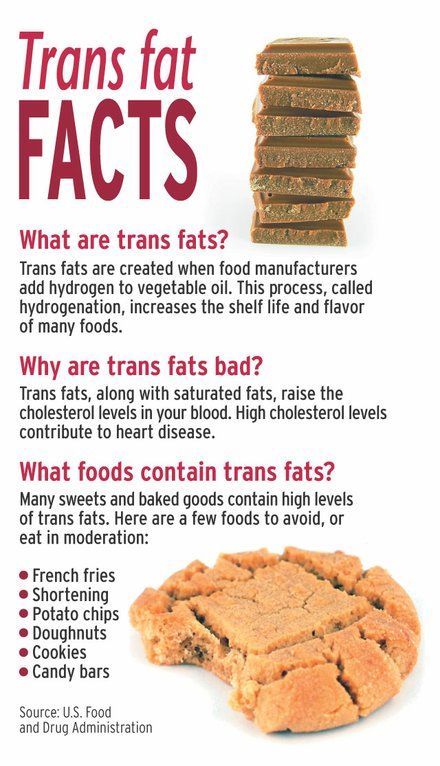

Food Safety and Standards Authority of India (FSSAI) sets norms limiting use of industrial trans-fats by 2022
Why In News?
The Food Safety and Standards Authority of India (FSSAI), plans to reduce the level of trans fats in food items from the permissible limit of 5 per cent to 3 per cent.
India is committed to the elimination of industrial trans fats in fats/oils and in foods containing fats/oils in a phased manner. The trans fat content in fats and oils has already been limited to 5 per cent, and the notification to further reduce it to 3 per cent by 2021, and to 2 per cent by 2022 is under process.
Negative health effects
Trans fat is a form of unsaturated fat associated with a number of negative health effects.
Industries use trans fats as they are feasible, inexpensive to produce, and last a long time. Trans fats give foods a desirable taste and texture. Many restaurants and fast-food outlets use trans fats to deep-fry foods because oils with trans fats can be used many times in commercial fryers.
Other countries that have restricted or banned the use of trans fats by food establishments include Denmark, Switzerland, and Canada.
Background:
Trans-fat
-
Trans fatty acids (TFAs) or Trans fats are the most harmful type of fats which can have much more adverse effects on our body than any other dietary constituent.
-
These fats are largely produced artificially but a small amount also occurs naturally. Thus in our diet, these may be present as Artificial TFAs and/ or Natural TFAs.
-
Artificial TFAs are formed when hydrogen is made to react with the oil to produce fats resembling pure ghee/butter.
-
In our diet the major sources of artificial TFAs are the partially hydrogenated vegetable oils (PHVO)/vanaspati/ margarine while the natural TFAs are present in meats and dairy products, though in small amounts.
-
The Food Safety and Standards Authority of India (FSSAI) has capped the amount of trans fatty acids (TFA) in oils and fats to 3% for 2021 and 2% by 2022 from the current permissible limit of 5% through an amendment to the Food Safety and Standards (Prohibition and Restriction on Sales) Regulations.
-
The revised regulation applies to edible refined oils, vanaspati (partially hydrogenated oils), margarine, bakery shortenings and other mediums of cooking such as vegetable fat spreads and mixed fat spreads.
